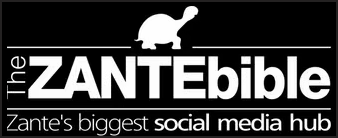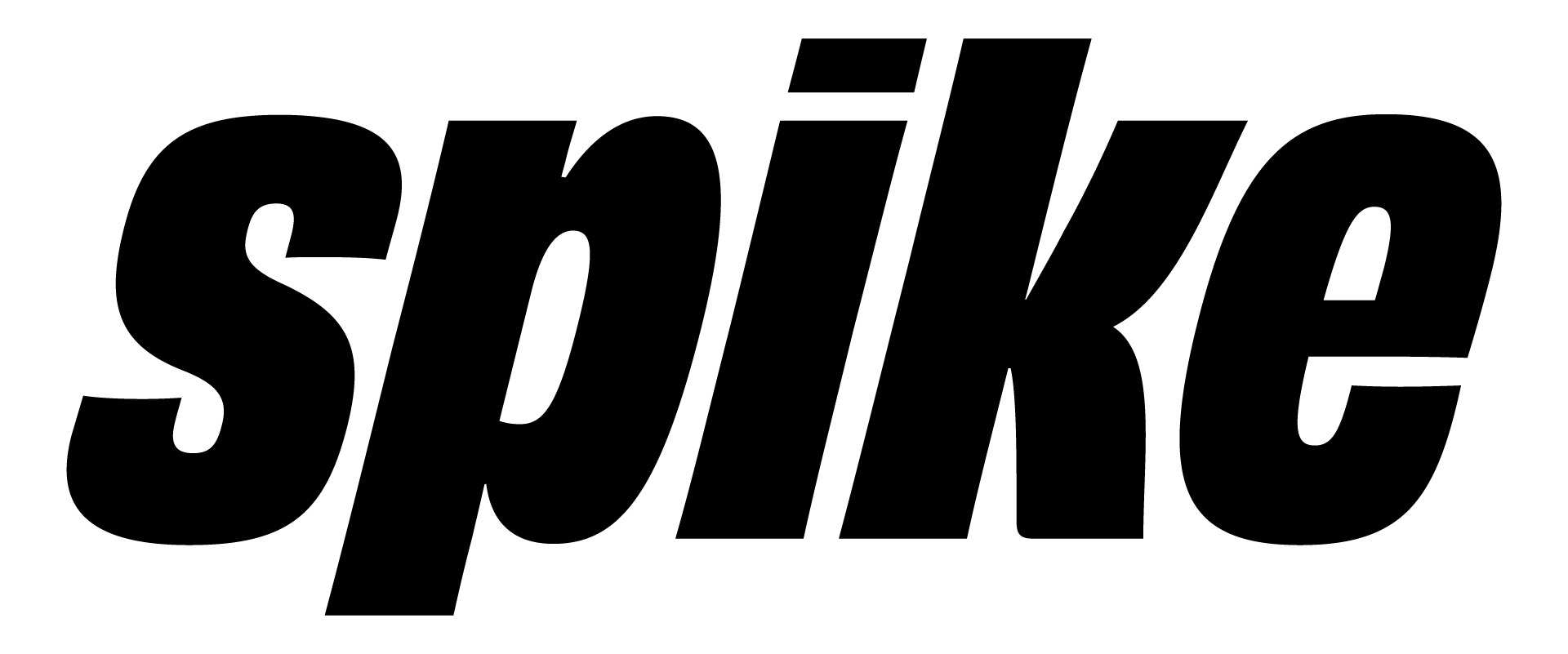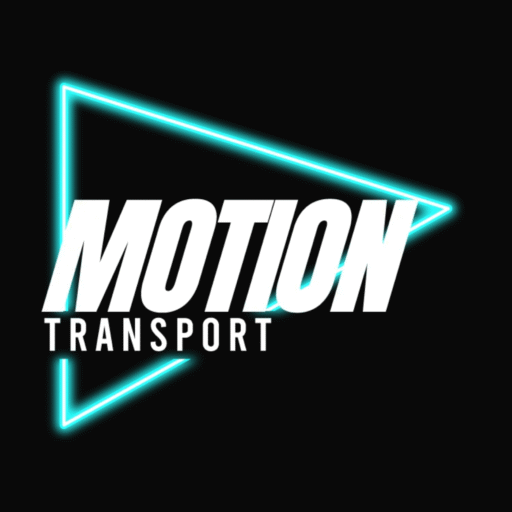The entrepreneur said he had spent $10m (£6.4m) on legal costs since being arrested in New Zealand in 2012 and accused of internet piracy.
Mr Dotcom had employed a local law firm to fight the US's attempt to extradite him, but his defence team stepped down a fortnight agowithout explaining why.
Mr Dotcom said he would now represent himself at a bail hearing on Thursday.
He denies charges of racketeering, conspiring to commit copyright infringement and money laundering.
He told a conference in London, via a video link, that his lawyers had resigned because he had run out of money.
"The [US authorities] have certainly managed to drain my resources and dehydrate me, and without lawyers I am defenceless," he said.
"They used that opportunity to try and get my bail revoked and that's what I'm facing."
The law firm Simpson Grierson, which had represented Mr Dotcom, could not be reached for comment.
Political backlash
Mr Dotcom's declaration comes seven months after he won back access to about $750,000 worth of property - including several of his cars - that had been taken at the time of his arrest. However, other assets, including dozens of bank accounts, remained frozen.
The German national's finances have also been put under strain after he helped bankroll a political party that failed to win a seat in September's general election in New Zealand.
"Before I started my political movement - the Internet Party - I was quite popular in New Zealand," Mr Dotcom told the digital business conference.
"After I got involved in politics and the prime minister of New Zealand and his party attacked me viciously, labelling me a Nazi... and [saying] I'm only starting my political party to fight my extradition... New Zealanders unfortunately have bought into that narrative and today I'm a pariah.
"The witch-hunt worked, and everyone wants to see me burn, and next Thursday I might go to jail because of that."
Mr Dotcom does, however, continue to retain a lawyer in the US, who gave an interview to Radio New Zealand after Mr Dotcom's comments.
"There are assets frozen across the globe, there are mechanisms in place for getting relief from those frozen assets - we're hopeful that courts across the globe, including in Hong Kong and New Zealand, will do the right thing and release funds to counsel," said Ira Rothken.
"This is the largest copyright case in the history of the United States and New Zealand. It's a very expensive case. And the governments are making this a war of attrition.
"They're trying to outspend Kim Dotcom. They are trying to win on procedure rather than merit. And we're going to do the best that we can so Kim Dotcom has a fair playing field."
He added there were still about 20 lawyers working on the case.
Mr Dotcom launched a follow-up online storage company, Mega, in 2013, and in March said it was valued at 210m New Zealand dollars ($164m; £104m).
The business is set to be floated on New Zealand's stock exchangelater this year.
However, he does not directly own a stake in the business himself and is no longer one of its directors.
His wife, Mona, does own 16.2% of its shares, but the two are separated. Ms Dotcom revealed in June that she had moved into a guest house about 50m (164ft) away from Mr Dotcom's mansion so their five children could still be close to their father.
Mr Dotcom has revealed that his rent is pre-paid until mid-2015 and he plans to return to court "soon" to try to unfreeze more of his assets.
The next extradition hearing into his case is not scheduled until February 2015, providing him an opportunity to hire more local lawyers if he can obtain the funds.
"Not having legal representation should not prevent an individual from challenging extradition proceedings if he or she has good grounds to do so," Neil Smyth, a partner at the law firm Taylor Wessing, told the BBC.
"However, the process is such that having advisers that are experts on not only the law, but also the procedure and the tactics, undoubtedly gives that individual a greater advantage in fighting extradition."
The US Justice Department claims Megaupload made more than $175m before it was closed and cost film, TV and other rights-holders more than $500m.
Source: BBC News







